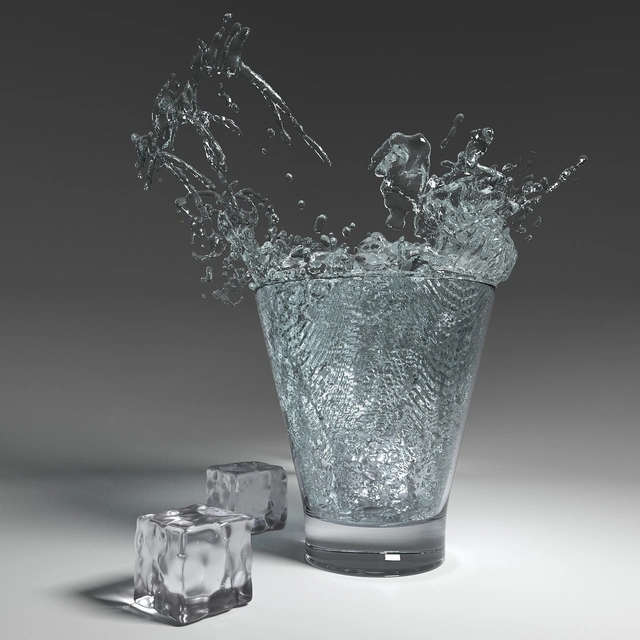Best Ways to Stay Hydrated
Effective Strategies for Maintaining Proper Hydration Throughout the Day

1. Drink Water Regularly
Aim to drink water consistently throughout the day to stay properly hydrated. Carry a reusable water bottle with you and take sips regularly, even if you’re not feeling thirsty. Drinking water helps maintain bodily functions, supports digestion, and keeps your skin healthy.
2. Incorporate Hydrating Foods
Include foods with high water content in your diet to boost hydration. Fruits like watermelon and cucumbers, as well as soups and smoothies, provide additional fluids and nutrients. These hydrating foods can help complement your daily water intake.
3. Set Hydration Reminders
Use hydration reminders or apps to prompt you to drink water at regular intervals. Setting reminders helps you remember to drink water, especially if you have a busy schedule or tend to forget. Consistent reminders can support better hydration habits.
4. Monitor Your Hydration Levels
Pay attention to signs of dehydration such as dark urine, dry mouth, or fatigue. Monitoring these indicators can help you gauge your hydration status and make necessary adjustments to your fluid intake to maintain optimal hydration.
5. Adjust Hydration for Activity Levels
Increase your fluid intake during and after physical activity to compensate for fluid loss through sweat. Staying hydrated is especially important when engaging in exercise or strenuous activities to maintain performance and prevent dehydration.
6. Choose Hydration-Friendly Beverages
Opt for beverages that enhance hydration without added sugars or excessive caffeine. Herbal teas and diluted fruit juices can be good alternatives to sugary drinks and help keep you hydrated while providing additional flavors.
7. Carry a Water Bottle Everywhere
Always have a water bottle with you to make it easier to drink water throughout the day. Keeping a bottle handy encourages regular sipping and helps ensure you’re meeting your daily hydration needs.
8. Use Hydration Tracking Apps
Leverage hydration tracking apps to log your daily water intake and set goals. These apps can help you stay on track with your hydration targets and provide reminders and insights to improve your drinking habits.
9. Hydrate Before Meals
Drinking a glass of water before meals can aid digestion and help you stay hydrated. This practice can also help you manage portion sizes and prevent overeating by creating a feeling of fullness before eating.
10. Customize Hydration Based on Climate
Adjust your hydration practices based on the climate you’re in. Hot and humid conditions may require increased fluid intake, while cooler climates may have different hydration needs. Adapting to your environment helps maintain proper hydration levels.
keywords: Hydration Tips; Stay Hydrated; Healthy Drinking Habits.